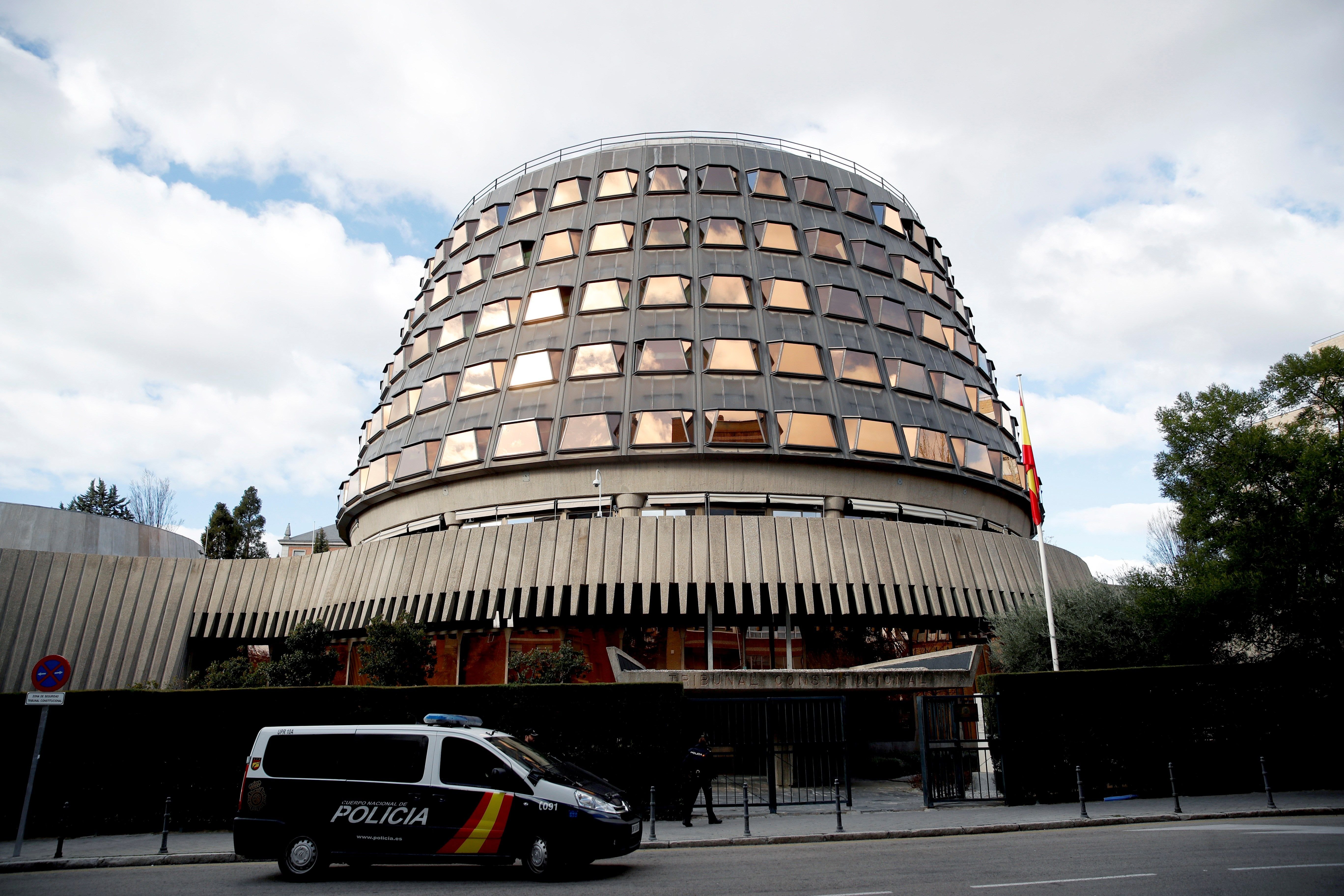A minority decision given by two judges belonging to Spain's Constitutional Court has defended the fundamental rights of convicted pro-independence politician Jordi Turull and argues that the sentence of 12 years' imprisonment and disqualification from office holding for sedition is disproportionate. The two judges, Juan Antonio Xiol and María Luisa Balaguer, make arguments that directly confront those of the rest of the court, which has rejected Turull's appeal and has backed the Supreme Court's 2019 ruling that sentenced Turull and eight other Catalan pro-independence leaders to long jail terms for sedition.
The two dissenters consider that the Constitutional Court "should have ruled in favour of the appeal for constitutional protection for violation of the right to penal legality (article 25.1 of the Spanish Constitution), in relation to the rights to personal freedom (article 17.1), to ideological freedom (article 16) and freedom of assembly (article 21), for having imposed a disproportionate penalty on Jordi Turull". By contrast, the Constitutional Court's majority decision rejects each and every one of the appellant's complaints concerning the violation of his fundamental rights (articles 16, 17, 20, 21, 24 and 25.1). The court dismisses the claim that the appellant's rights to a defence and not to be discriminated against on the grounds of language were violated. It also rejects the recusals of judges and the complaint about the bias of some of them, both in the investigation of the case and during the trial. It rejects that the right to equality between defences and prosecutions was violated. The Constitutional Court states that no "pejorative treatment was given to the defences", since what Turull claims in his appeal "lacks relevance to the ascertainment of the facts on which the conviction of the appellant is based, and thus is clearly insufficient to justify the existence of an alleged unfavourable treatment".
The two dissenting judges also state, in their full ruling published this Wednesday, that it would have been possible to give a different judgment on the proportionality of the sentences imposed for committing an offence of sedition, more in line with an open interpretation of the principle of legality and in line with the interpretation that is present in the juridical culture of the countries of the European Union, which is expressed most clearly in the preservation of the rule of law. They therefore conclude that, "without disputing the criminal significance of the conduct of the appellant," it seems to them that the rigour of the penal response, "although it may have been quantitatively in balance with criminal law provisions, is contrary to the requirements of the principle of criminal proportionality".
The arguments of the two judges will strengthen the arguments of the defence before the European Court of Human Rights, where Jordi Turull now has the opportunity to present his case, two years after the Supreme Court verdict and three since the beginning of the court process, in an attempt to be absolved of the charges. Meanwhile, he continues in prison in a standard lock-up regime, with no possibility at present of recovering additional leave rights that were previously granted before being withdrawn - both the ability to leave prison for daily work purposes, and an open Level 3 prison regime, for which he must await a new assessment.

